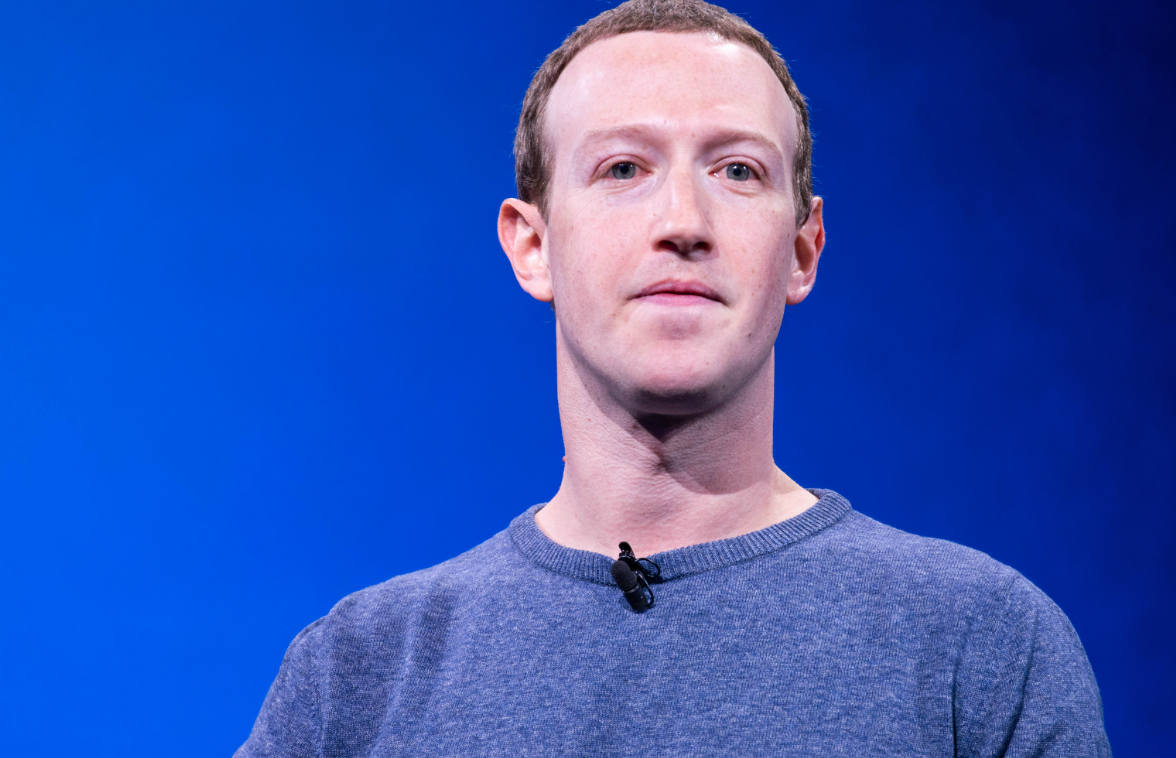Zuckerberg Admits Harris-Biden Admin Pressured FB To Censor Content, Expresses Regret

Mark Zuckerberg has acknowledged that Facebook succumbed to pressure from the Biden-Harris administration to censor certain content, expressing his regret over the situation.
In a letter addressed to Jim Jordan, Chairman of the House Judiciary Committee, Zuckerberg stated that senior officials from the Biden administration “repeatedly pressured” Facebook teams to remove COVID-19-related content that the platform might have otherwise left untouched. According to Zuckerberg, these officials became frustrated when Facebook resisted.
He emphasized that the platform should not compromise its standards “because of pressure from any Administration in either direction.”
“I believe the government pressure was wrong, and I regret that we were not more outspoken about it. I also think we made some choices that, with the benefit of hindsight and new information, we wouldn’t make today,” Zuckerberg admitted in his letter.
He assured that Facebook is now “ready to push back if something like this happens again.”
In his letter, Zuckerberg also confessed that the platform should not have censored the New York Post’s story regarding Hunter Biden’s laptop. He explained that the FBI had “warned the platform about a potential Russian disinformation operation concerning the Biden family and Burisma leading up to the 2020 election.”
“That fall, when we saw a New York Post story reporting on corruption allegations involving then-Democratic presidential nominee Joe Biden’s family, we sent that story to fact-checkers for review and temporarily demoted it while waiting for a reply,” Zuckerberg explained. “It’s since been made clear that the reporting was not Russian disinformation, and in retrospect, we shouldn’t have demoted the story.”
He further mentioned that Facebook “no longer temporarily demotes things in the U.S. while waiting for fact-checkers.”
Mark Zuckerberg just admitted three things:
— House Judiciary GOP 🇺🇸🇺🇸🇺🇸 (@JudiciaryGOP) August 26, 2024
1. Biden-Harris Admin "pressured" Facebook to censor Americans.
2. Facebook censored Americans.
3. Facebook throttled the Hunter Biden laptop story.
Big win for free speech. pic.twitter.com/ALlbZd9l6K
In a June ruling, the Supreme Court determined that states and individual claimants who opposed the Biden administration’s attempts to censor speech lacked the standing to challenge the administration’s actions due to the absence of a clear link between the platform's actions and government pressure.
“The plaintiffs rely on allegations of past Government censorship as evidence that future censorship is likely,” Justice Amy Coney Barrett noted in the majority opinion of Murthy v. Missouri.
“But they fail, by and large, to link their past social-media restrictions to the defendants’ communications with the platforms. Thus, the events of the past do little to help any of the plaintiffs establish standing to seek an injunction to prevent future harms,” Barrett continued.
Documents from the lawsuit highlighted the extent of government involvement, showing that agencies like the Centers for Disease Control and Prevention (CDC) flagged posts for removal, and the White House requested the censorship of figures like Tucker Carlson and Robert F. Kennedy, Jr. due to their comments on vaccines.